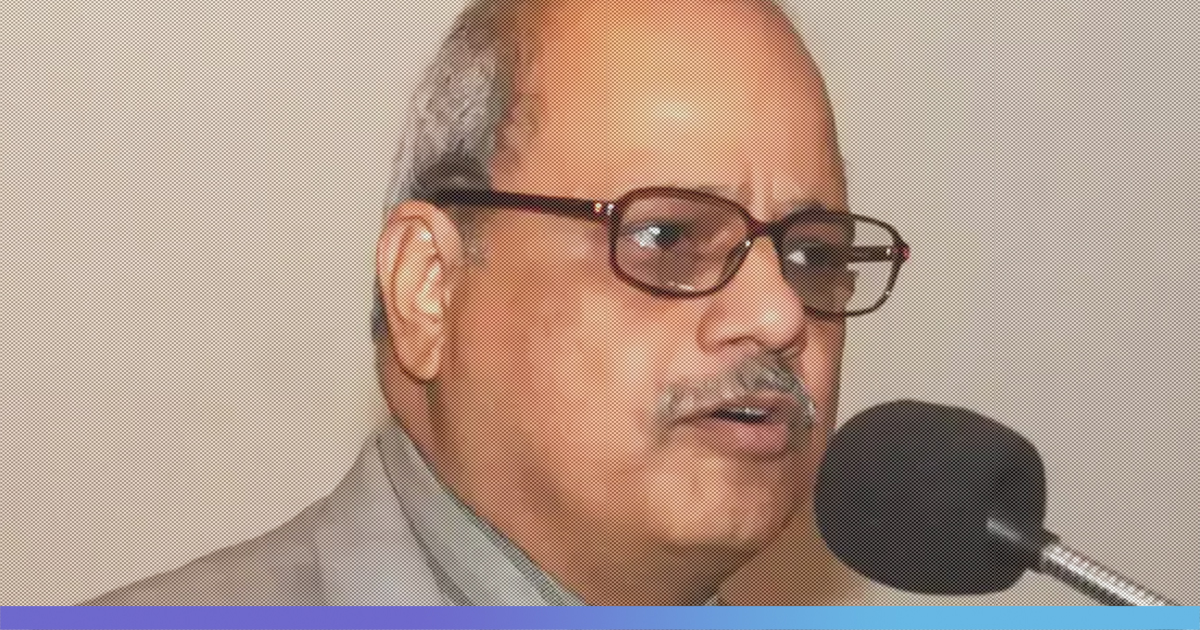
India Gets Her First Ever Lokpal, Six Years After Passage Of Lokpal Act
20 March 2019 7:01 AM GMT
India gets its first ever Lokpal as a result of the Lokpal act that was passed six years back. Former Supreme Court judge Pinaki Chandra Ghose has been appointed as the chairperson of the first ever Lokpal of the country by a selection committee which consisted of the Prime Minister, Chief Justice of India, an eminent jurist and a Lok Sabha Speaker. The committee also appointed four non-judicial members and four Judicial members as a part of the Lokpal. The appointments were approved by the President Ram Nath Kovind who said that the selected members will have the take on their responsibilities as soon as they take control of their respective offices.
What is Lokpal
The Lokpal is an established formed under the Lokpal and Lokayuktas Act, 2013. This establishment was formed to investigate the allegations of corruption against the current and former Prime Ministers, Group A officials of the Central Government and also key figures of a non-governmental organization. It consists of a chairperson and a maximum of eight members, with an equal division of judicial and non-judicial members. The Lokpal has the right to investigate any public servant who receives more than 10 lakh rupees per year from foreign source in the context of the Foreign Contribution Regulation Act (FCRA). Their jurisdiction, however, does not include the armed forces. It has the power over any investigation agency including the CBI.
The chairperson or members who have been appointed must not have any political ties whatsoever and should not have a membership in parliament or any office of profit. They can hold the office up to a duration of five years and can be re-appointed. The procedure of impeachment is the only way to remove them from office.
Who is PC Ghose
Pinaki Chandra Ghose is a retired judge of the Supreme Court of India who has a stellar record in the field of law. Before becoming a judge at the SC, Ghose was the Chief Justice of the Andhra Pradesh High Court and has also served as a justice of Calcutta High Court. After retiring as SC Judge, Ghose became a member of the National Human Rights Commission.
Ghose was with the former CJI JS Khekar-led bench which had sentenced Calcutta HC Judge CS Karnan to a six-month jail term for contempt of court. He is also remembered for his verdict which barred usage of politicians in government advertisements. Apart from this, he was also responsible for the prosecution of former Tamil Nadu CM Jayalalitha and her aide VK Sasikala; he had restored the criminal conspiracy charges against senior leaders of the Bharatiya Janata Party (BJP) in the 1992 Babri Masjid demolition case.
Pinaki will be responsible of looking into allegations off abuse of office, corruption against public servants which also includes the former members of the government.
Four judicial and four non- judicial members appointed
The Judicial members comprise of Ajay Kumar Tripathi, who is the present chief justice of Chhattisgarh High court and has also served as an additional judge of Patna High court. Abhilasha Kumari, another member, served in the High Court of Gujarat and is the first ever female chief justice of the Manipur High court in 2018. She is also the Chairperson of the Human rights commission of Gujarat. The other members are Pradip Kumar Mohanty, a former Chief Justice of Jharkhand High court and Dilip Babasaheb Bhosale who is a former Chief Justice of the high court of Judicature at Allahabad.
The non-judicial members consists of Indrajeet Prasad Gautam, a 1986 batch retired IAS officer of Gujarat cadre, Dinesh Kumar Jain who retired as a chief secretary of Maharashtra in January 2019, Archana Ramasundaram, an IPS officer of Tamil Nadu cadre (now retired) and Mahender Singh who is a 1981 batch officer of Indian Revenue Service.
The selection process
According to The Wire, former Supreme Court judge Ranjana Prakash Desai led a search committee which recommended three panels of names to the selection committee for the appointment of members in the anti-graft body. A meeting of the Selection Committee was held on March 15. The search committee was given a deadline to send the names to be considered for the appointments out of which these 9 names were taken.
In January, the Supreme Court had set up a February-end deadline for the Lokpal search committee to send a panel of names.
Opposition on the selection
The Lok Sabha selection committee, headed by PM Modi had also invited Leader of Congress in Lok Sabha Mallikarjuna Kharge as a special invitee to past meetings.
Mallikarjun Kharge had turned down all the invites to the meeting of the selection panel. According to News18, Kharge believes that the opposition has been made “voiceless” in this critical matters as the special invitee does not have any rights to vote.
Currently, there is no leader of the opposition (LoP) in the current Lok Sabha. Congress is the single largest opposition party in Lower House, but its member cannot be given the status of LoP as it does not have the requisite number of minimum 55 seats or 10% of the strength of Lok Sabha.
Also Read: TLI Explains: 7 Years On, The Lokpal And Its Appointment
 All section
All section













